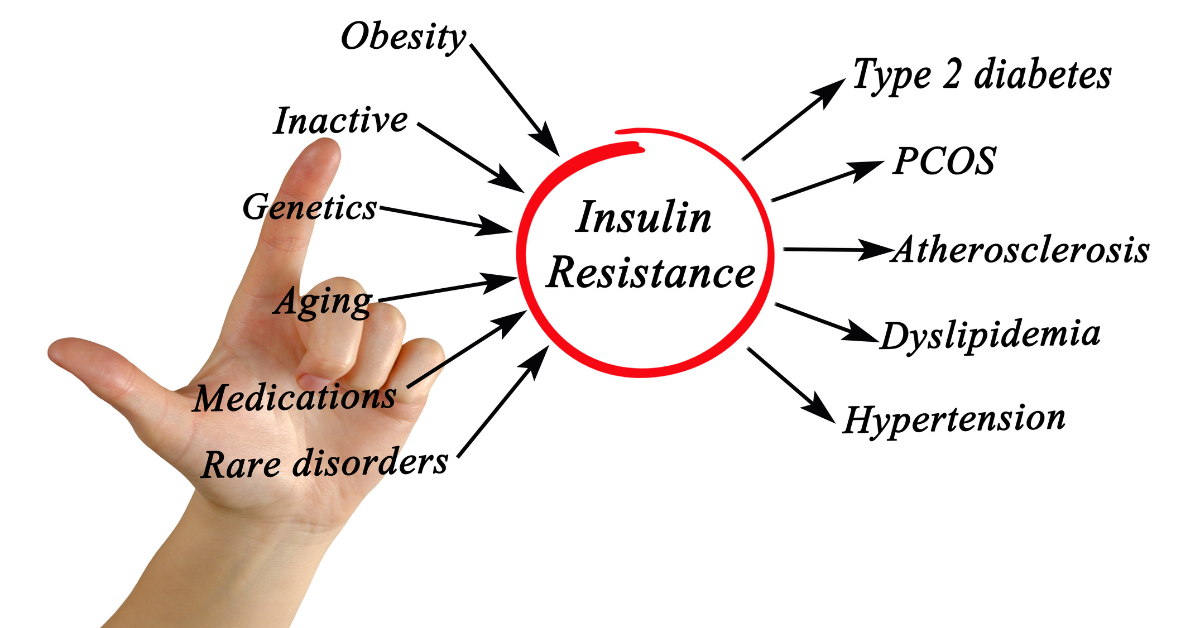Low Carb Diet 101: Your Key to Healthy Weight Management
Low Carb Diet 101
Before we dive into ins and outs of the low carb diet want to emphasize that carbohydrates are an important part of a healthy diet. Carbohydrates, proteins, and fats are known as macronutrients — they provide calories for the body and are needed in larger amounts than micronutrients, which are primarily vitamins and minerals.
Our body relies on carbohydrates to supply it with glucose, a form of energy that fuels bodily functions and supports physical activity. I don’t recommend carb reduction or elimination for long periods of time, but it has a place in your diet cycle if you want to:
- Lose weight and you’ve tried other approaches.
- Change your body composition.
- Follow an anti-inflammatory diet (eliminate unprocessed foods).
- Reduce appetite and improve your energy levels.
- Enjoy eating healthy sources of protein meat, fish, eggs, and vegetables.
What is Low Carb Diet?
A low-carb diet is a way of eating that focuses on reducing the intake of carbohydrates. Technically it’s a diet that recommends consuming less than 45% of total calories from carbohydrates. Instead of relying on carbs for energy, a low-carb diet emphasizes protein-rich foods and specific types of fats. While on this diet, some of the protein in the diet will be converted to glucose for energy.
Benefits of a Low Carb Diet?
This way of eating has several benefits such as:
Reduced Cravings:
One of the main advantages of a high protein diet is that it helps to decrease your cravings. Because carbohydrates are processed quickly and cause elevated blood sugar levels, which leads to cravings and hunger. By following a low carb diet and including more healthy fats and proteins, you can manage your cravings better.
Healthy Weight Management:
By opting for a high protein low-carb diet, you can experience improved hunger levels, reduced cravings, and consume unprocessed foods. These factors allow for healthy weight management.
Improved Body Composition:
Increasing the protein consumption is associated with high muscle mass and low-fat percentage in your body. Especially when paired with strength or resistance training into your routine this type of diet will reduce fat stores in your body. So, you can use it in your mesocycle of training.

Better Blood Sugar Control:
People with Type-2 diabetes or insulin resistance can greatly benefit from a low-carb diet. By reducing your carbohydrate intake and following a more balanced diet, you can effectively improve your control over blood sugar levels.
Tips for Following a Low Carb Diet Plan

Plan Your Meals:
On this diet meal planning is becomes crucial. Frozen and convenience foods are high in carbs, so prep some high protein sources ahead of time to stay within recommended macros.
Track Your Meals:
I’m not a big fan of meal tracking because it can lead to food aversion but tracking macronutrients for the first two weeks is essential. Using an app like MyFitnessPal to document what and how much is consumed makes it easier.
Supplement Fiber:
Since low-carb can lack fiber and certain micronutrients, ask a nutrition professional if taking a fiber supplement and a multivitamin would help you.
Eat Healthy Vegetables and Fats:
To support a healthy diet, make sure to prioritize nutritious leafy greens, high-quality proteins, and maintain a good balance of electrolytes and fluids. In terms of fat choices, it’s best to choose unsaturated fats from plants, nuts, and seeds rather than saturated fats from animal sources whenever you can.
Bottom Line
On this type of healthy and sustainable diet, it is realistic to anticipate a weight loss of approximately 0.5% to 1% of your body weight per week. The specific quantity of carbs and protein you should aim for while on a low carb diet varies based on factors such as your age, height, current weight, fitness level, and individual health requirements. If you want the support to find your MACROS on a low carbohydrate and anti-inflammatory diet, book a FREE call with me anytime.